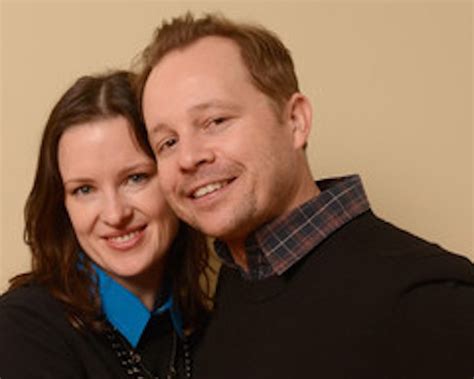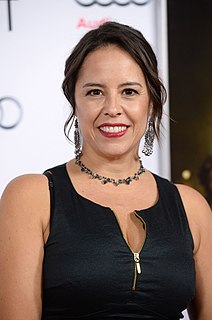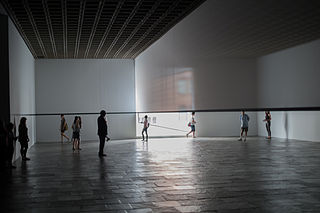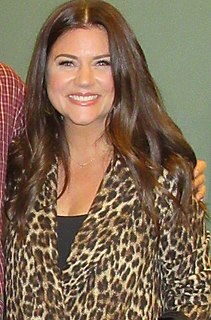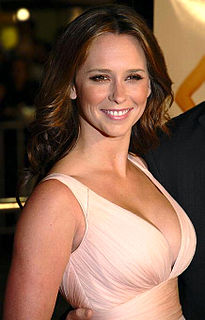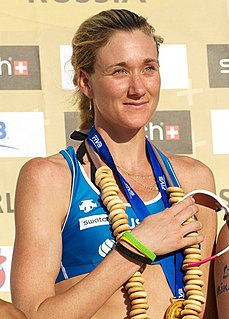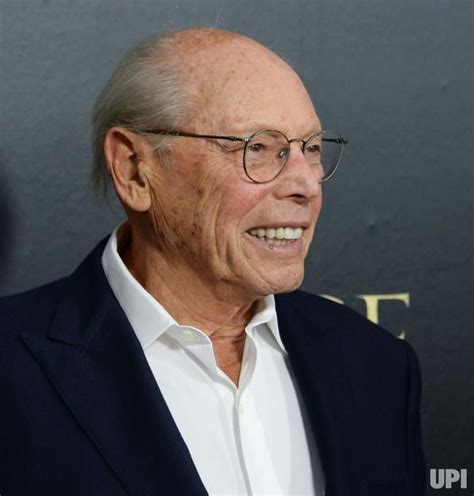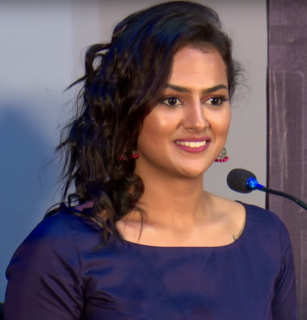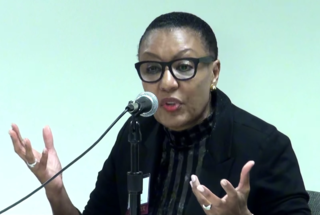A Quote by Liz W. Garcia
In documentary, which is the only thing I'm really very familiar with, women are very easily relegated into a producer role.
Related Quotes
I think there's definitely much more opportunities for women now to find a role in 30s and 40s both. I think you're starting to find people really seeing that - here's the thing. It's hard for me to say and know the experience how it was ten, twenty years ago because I was only in my teens and my 20s, but I know from watching TV myself and watching film myself I see a lot more 30s and 40s on screen, which just makes me very, very happy. It's what we should be watching.
I see parallels between Karachi and the cities that I was familiar with: a very different place, but in terms of its human stories not really very different at all. That was what excited me about the place - that it was so complex, as difficult to me as an outsider and yet so human in a way that was ultimately very familiar.
Probably the most cold-hearted thing I ever did. There was this spider in my shower - and I'm usually very kind to all of the creatures of the world - and you feel very vulnerable when you're naked, and I didn't really want to be near this spider he was kinda big and gnarly looking. The only thing that I could reach in the shower was this hairspray. So I hairspray-ed this spider to death, which was awful. I felt like such a jerk. It was really, really harsh.
I had very supportive parents that made the way for me, even at a time when there were very few women - no women, really; maybe two or three women - and very few, fewer than that, African-American women heading in this direction, so there were very few people to look up to. You just had to have faith.
